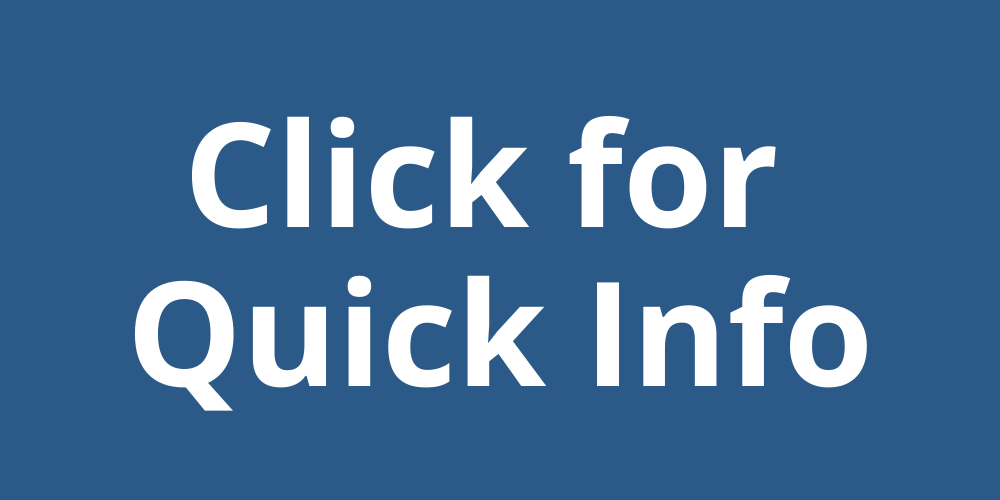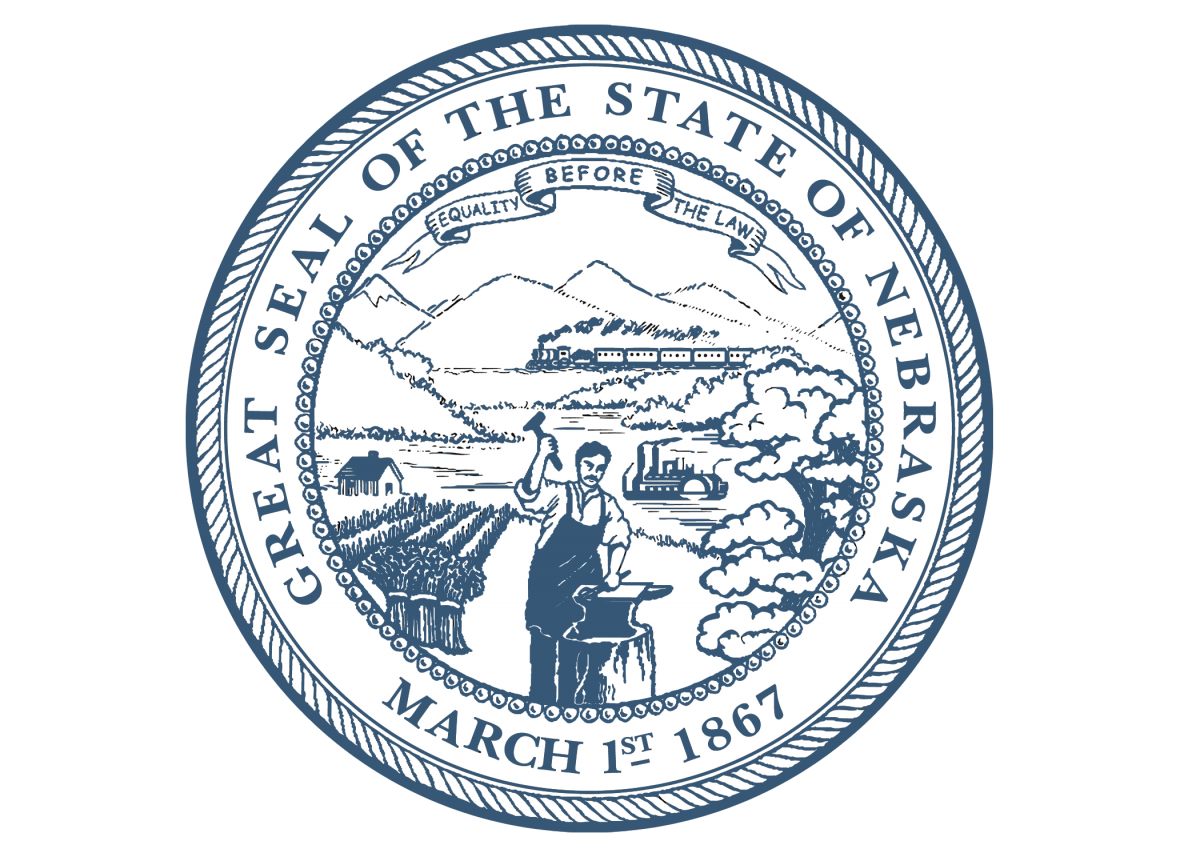
Protect Yourself from Scammers, Hackers & Government Imposters
Scammers may try to steal your money and identity by sending phony communications via phone calls, emails, and texts. If a stranger claiming to be an expert on coronavirus contacts you, ignore them. Don’t click on any link or open any attachment from an unfamiliar sender; they could download a virus onto your computer or device. Report any suspicious COVID-19 e-mails received in the workplace to your employer’s IT department. Cybercriminals use these scams to trick you into downloading malicious software.
Be suspicious of any messages that request your personal information or payment in exchange for financial relief or other government-issued benefits, including any stimulus funds you may be entitled to from the federal government. Government agencies will not reach out to you electronically for this information. For the most accurate information on when and how the federal government intends to provide stimulus funds under the Coronavirus Aid, Relief, and Economic Security (or “CARES”) Act, visit the IRS’s website.
If someone calls claiming to be affiliated with Medicare or Medicaid, asking for your Social Security number or payment information in order to provide you with Coronavirus-related benefits, that’s a scam. Hang up and report the imposter at 1-800-MEDICARE and ftc.gov/complaint. Medicare will never call you unless you call them first and ask for assistance. For accurate information on what Medicare covers related to the virus, visit CMS’s website.
Law enforcement has also seen reports of malicious websites and applications purporting to track coronavirus cases around the world. These websites can download viruses and malware onto your computer or devices, resulting in the loss of sensitive information.
Be wary of electronic communications claiming to be from the Centers for Disease Control and Prevention (CDC), the World Health Organization (WHO), and other healthcare or government authorities offering information about the virus. For the most current medical information about the coronavirus prevention and treatment contact the Centers for Disease Control (CDC) or the Nebraska Department of Health & Human Services.
Protect Yourself from Fraudulent Charities
If you would like to donate to a charity focused on addressing the coronavirus, do your homework to maximize your contribution. Verify that the charity is legitimate. Donate by check or credit card and not by cash, wire transfer, or gift card. Most importantly, do not be pressured into making a contribution. Visit our charities page to get more tips.
Protect Yourself from Fake Vaccinations, Unapproved Tests, and Other “Treatments”
Be on the lookout for fraudulent schemes about COVID-19 vaccines. Consumers should ignore unsolicited emails, text messages or phone calls offering to sell vaccinations, home test kits, medicine, and other treatments. If you are unsure about a product, check with your doctor before you buy it. For the most current medical information about the coronavirus prevention and treatment contact the CDC.
Bogus Door to Door Tests and Virus-related Products
To ensure your personal safety, DO NOT answer the door or allow into your home any unknown individuals or business representatives moving door-to-door offering to sell consumer products, medical kits, vaccines, cures, whole-home sanitization, or in-person COVID-19 testing. Contact local law enforcement to report such activities and, if it is possible to do so safely, consider alerting your neighbors, particularly seniors, about the door-to-door activity occurring in your neighborhood. Certain cities in Nebraska, such as Lincoln and Omaha, require individuals conducting door-to-door sales to obtain and carry peddler permits. If the individual displays such a permit, or makes reference to having one, you may want to share that information with local law enforcement.
Protect Yourself from High-Priced or Low-Quality Products
Media reports suggest prices may be increasing on products like hand sanitizer and face masks. Read health recommendations from the Centers for Disease Control (CDC) when deciding whether a purchase is necessary. Research before you make a purchase, only buy from reputable companies, and don’t pay an unfair price for something you may not need.
Report instances of unreasonably high prices or defective products to our office by filing a complaint online. Provide as much information about the transaction as possible, including the name and address of the business, names of any employees involved, along with all available documentation (e.g., receipts, photographs, etc.).
Get Help With Your Mortgage or Rent Obligations
If you are feeling the economic impacts of COVID-19, and you are unable to pay your mortgage or meet your rent obligations, federal legislation may provide relief during this time.
The CARES Act was passed by Congress and signed into law on March 27, 2020, and provides foreclosure relief for "federally-backed loans," which means loans purchased, securitized, owned, insured, or guaranteed by Fannie Mae or Freddie Mac, or owned, insured, or guaranteed by FHA, VA, or USDA. Under the CARES Act, you may be able to obtain forbearance from mortgage payments for up to 180 days, and then request and obtain additional forbearance for up to another 180 days. During a period of forbearance, no fees, penalties, or interest shall accrue on the borrower’s account beyond the amounts scheduled or calculated as if the borrower made all contractual payments on time and in full under the terms of the mortgage contract.
Contact your servicer by phone or visit their website to request a forbearance or determine whether your mortgage is federally-backed. Consider reading this blog by the CFPB before making this call.
The CARES Act provides different forbearance rights for owners of multi-family properties, while protecting tenants from eviction if the owner seeks a forbearance. If you are struggling to pay your rent, contact your landlord to request relief.
Get Help With Other Loan and Credit Obligations
The CARES Act also provides relief for student loan borrowers with Direct Loans and FFEL loans currently owned by the U.S. Department of Education. For more information about the relief available to federal student loan borrowers, visit the U.S. Department of Education’s website. This website includes detail on automatic forbearance for student borrowers, the suspension of interest accrual and loan payments, and other frequently asked questions.
Some lenders are also agreeing to waive fees, increase credit limits, modify loans, or provide other accommodations for customers facing a financial hardship due to COVID-19. If you are struggling to meet your loan obligations, contact your lender and request relief. For more information, visit the OCC’s website or the FDIC.
Get More Information from the FTC
The Federal Trade Commission (FTC) is also sharing tips about how to avoid being conned by a coronavirus related scam. Click here to get tips from the FTC.


